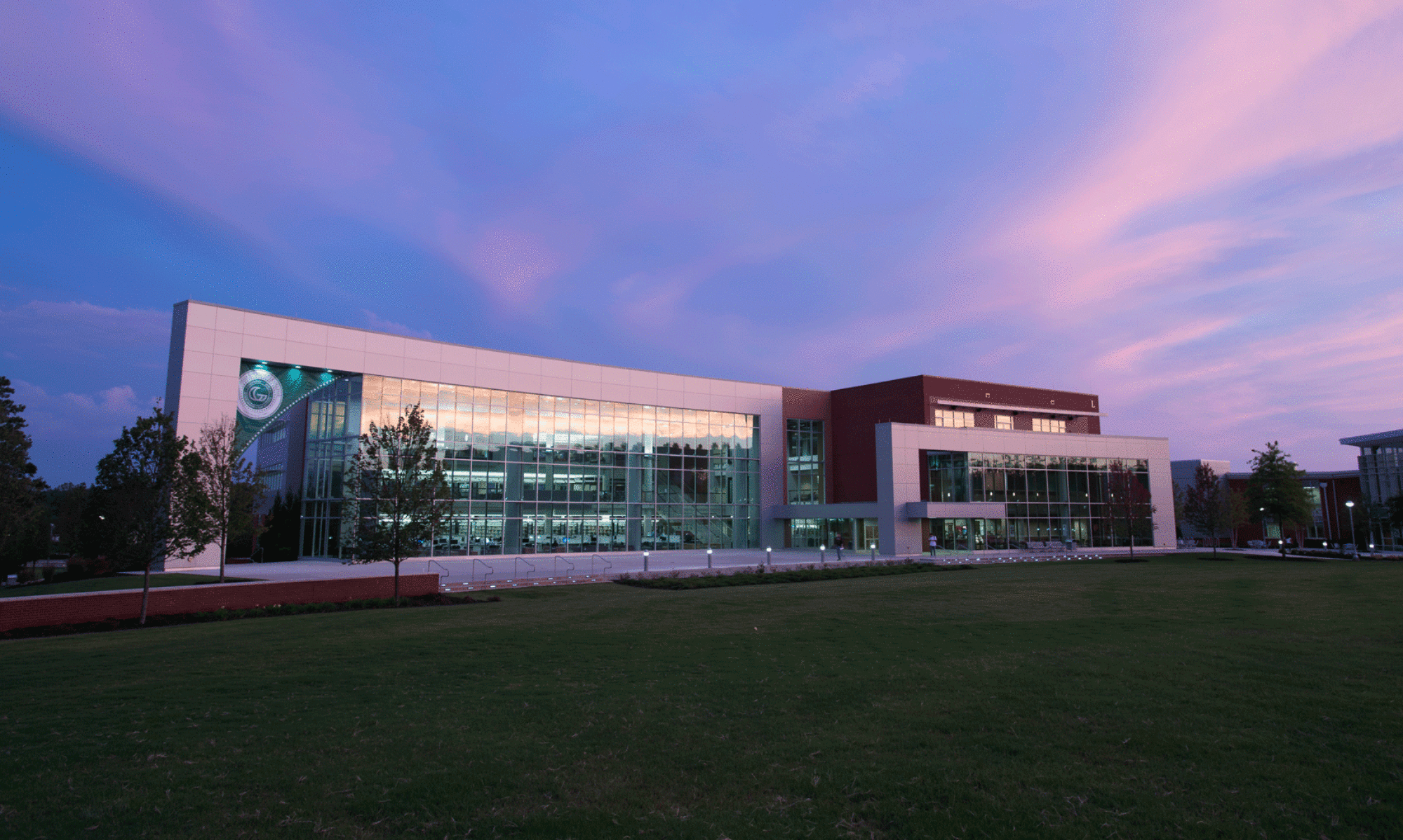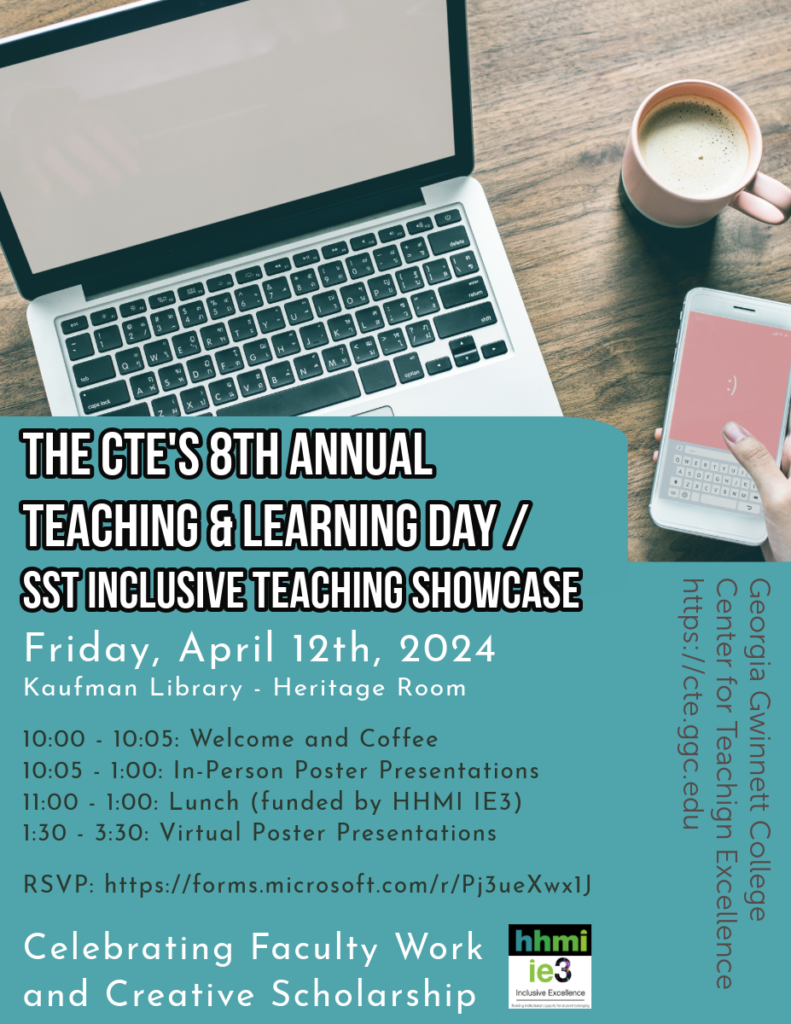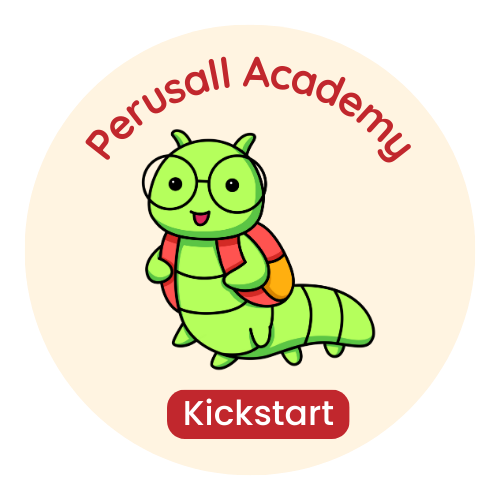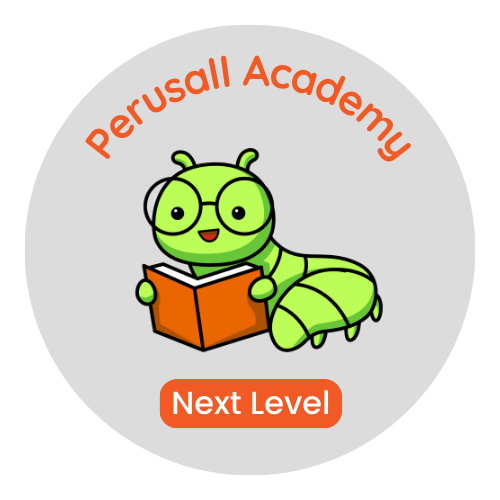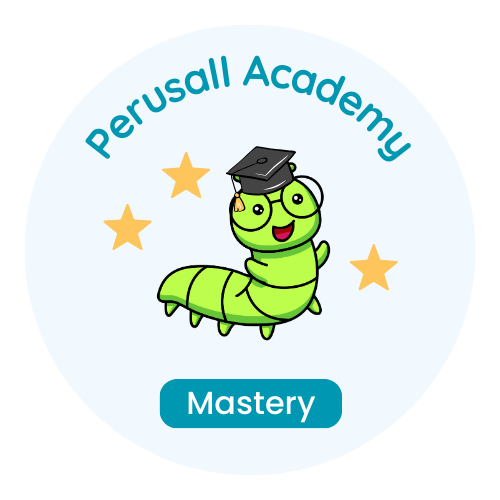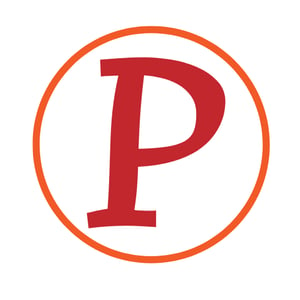Monday, May 13th – Wednesday, May 15th, 2024

The CTE’s 2024 Summer Institute will be held completely online, and will feature three learning tracks on topics that we feel are particularly relevant for teaching and learning today:
Inclusive Teaching (Monday) – In this track, you will hear from some of your peers about why inclusive teaching is so important and how you can begin to implement some of the best practices for inclusive teaching in both your course design and your pedagogy.
HHMI IE3 Team definition of inclusive teaching: Inclusive teaching is a pedagogical approach which aims to create a welcoming and engaging environment that affords all students an opportunity for a successful learning experience and sense of belonging. An inclusive instructor fosters learning environments which consistently recognize the diverse values, experiences, and knowledge of students as an asset.
(no registration necessary; links for each session are in the online program)
Generative AI (Monday) – In this track, you will hear from some of your peers about some of the policies on the use of generative AI that have been established in their schools and departments, how they may be encouraging the use of generative AI by students in their classrooms, and how they are using generative AI to develop and facilitate their courses.
A quick note about our view on the use of generative AI: Note that none of the panels listed below focus on whether or not we *should* be using AI in the classroom; we (the CTE as a whole) feel that that particular genie is already out of the bottle, and that trying to prevent the use of AI by our students is a fruitless endeavor. We also feel that not teaching our students how to use generative AI is an approach that really doesn’t serve them in the long run, and that our best response to AI as educators is to not necessarily embrace it whole-heartedly and without reservation, but to learn as much as we can about it and explore how we may be able to use it (and teach our students how to use it) as a tool for learning. We are not here to set policy, however (and have no wish to do so), but to support you in your teaching; these discussions are an attempt to help in that regard, given everything that we have learned about the current state (and likely future) of generative AI.
Please keep in mind that these panels are starting points for larger discussions, and that we don’t have to (and will not be able to) cover everything relevant to these topics in this handful of short sessions. We do plan to provide opportunities for more discussions like this moving forward, however.
(no registration necessary; links for each session are in the online program)
Critical Thinking (Tuesday / Wednesday) – This track provides a deep dive into the assessment of critical thinking and guided workshop time on how to integrate critical thinking learning activities into your courses. Trainers are from the Center for Assessment & Improvement of Learning at Tennessee Technological University, the developers of the Critical Thinking Assessment Test (CAT), the instrument GGC has used for assessing critical thinking since 2015.
(registration required; please contact Karen Perell-Gerson)
We look forward to seeing you and hope that this year’s Summer Institute will be a memorable and educational event!
GGC’s Center for Teaching Excellence
https://cte.ggc.edu
cte@ggc.edu
Schedule Overview:
Monday, May 13th – Generative AI and Inclusive Teaching:
(no registration necessary; links for each session are in the online program)
8:45 – 8:55: Welcome
9:00 – 9:40: MyCourses: Humanizing Your Course (Inclusive Teaching)
9:45 – 10:25: Panel – School / Dept Policies on AI (Generative AI)
9:45 – 10:25: UDL: Syllabus Design Considerations (Inclusive Teaching)
10:30 – 11:10: Panel – Student Use of AI (Generative AI)
10:30 – 11:10: Challenges Faced in the Classroom by Students with Disabilities (Inclusive Teaching)
11:15 – 11:55: Panel – Faculty Use of AI (Generative AI)
11:15 – 11:55: Universal Design for Learning (Inclusive Teaching)
12:00 – 1:00: Lunch Break
1:00 – 1:40: Assistive Technology for an Inclusive Classroom (Inclusive Teaching)
1:45 – 2:25: UDL: A Supportive and Easy-to-Navigate Course (Inclusive Teaching)
2:30 – 3:15: Cynthia Alby: Thinking Outside the Bot (Generative AI)
3:15 – 3:30: Wrap-Up / Resources
Tuesday, May 14th and Wednesday, May 15th – Critical Thinking:
(registration required; please contact Karen Perell-Gerson)
9:00 a.m. – 4:00 p.m.
The Assurance of Learning Committees (ALC), Kaufman Library, and the Center for Teaching Excellence (CTE) proudly sponsor two days of intensive critical thinking pedagogical training as part of the CTE’s virtual 2024 Summer Institute. This training provides a dive into the assessment of critical thinking and guided workshop time on how to integrate critical thinking learning activities into your courses. Limited spots are available.
Trainers are from the Center for Assessment & Improvement of Learning at Tennessee Technological University, the developers of the Critical Thinking Assessment Test (CAT), the instrument GGC has used for assessing critical thinking since 2015.
What You Will Be Doing on Day 1 and Day 2:
May 14th, 9:00 a.m. – 4:00 p.m.
The first day of training is for faculty new to the CAT and critical thinking pedagogy. Day 1 participants will be introduced to the CAT as a gateway for learning how to build classroom activities and curriculum aligned with critical thinking skillsets assessed by the CAT. Then in workshops led by the CAIL training team and supported by GGC faculty, participants will workshop teaching activities suitable for their specific course needs and content.
May 15th, 9:00 a.m. – 4:00 p.m.
The second day of training is workshop-intensive, where participants will develop classroom activities, consider how to embed them in their courses, and consider how to align them with more complex critical thinking skillsets – as creative thinking, problem solving, and evaluating information. Participants will collaborate with others, members of the CAIL team, and small group coaches from GGC, in preparation of sharing their activities at the end of the second day of training.
How to Reserve your Spot for Critical Thinking Day 1 and / or Critical Thinking Day 2:
Faculty who are attending Day 1 or who have previously completed CAIL critical thinking training may register and attend Day 2. Only faculty who have previously completed a CAIL critical thinking training are eligible to participate on Day 2.
To register or to verify your eligibility for Day 2 training only, contact Karen Perell-Gerson.
Registration for the Critical Thinking workshops is limited to 10 people per day, and closes on May 10th.
For more information (including the detailed schedule and session links), see the online program.
